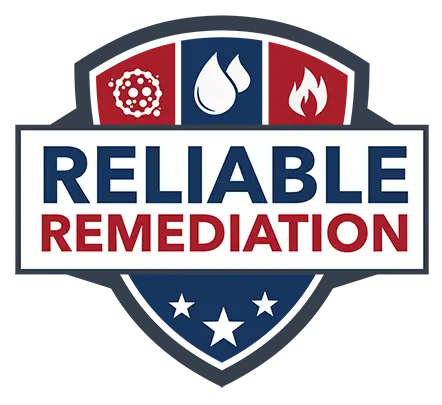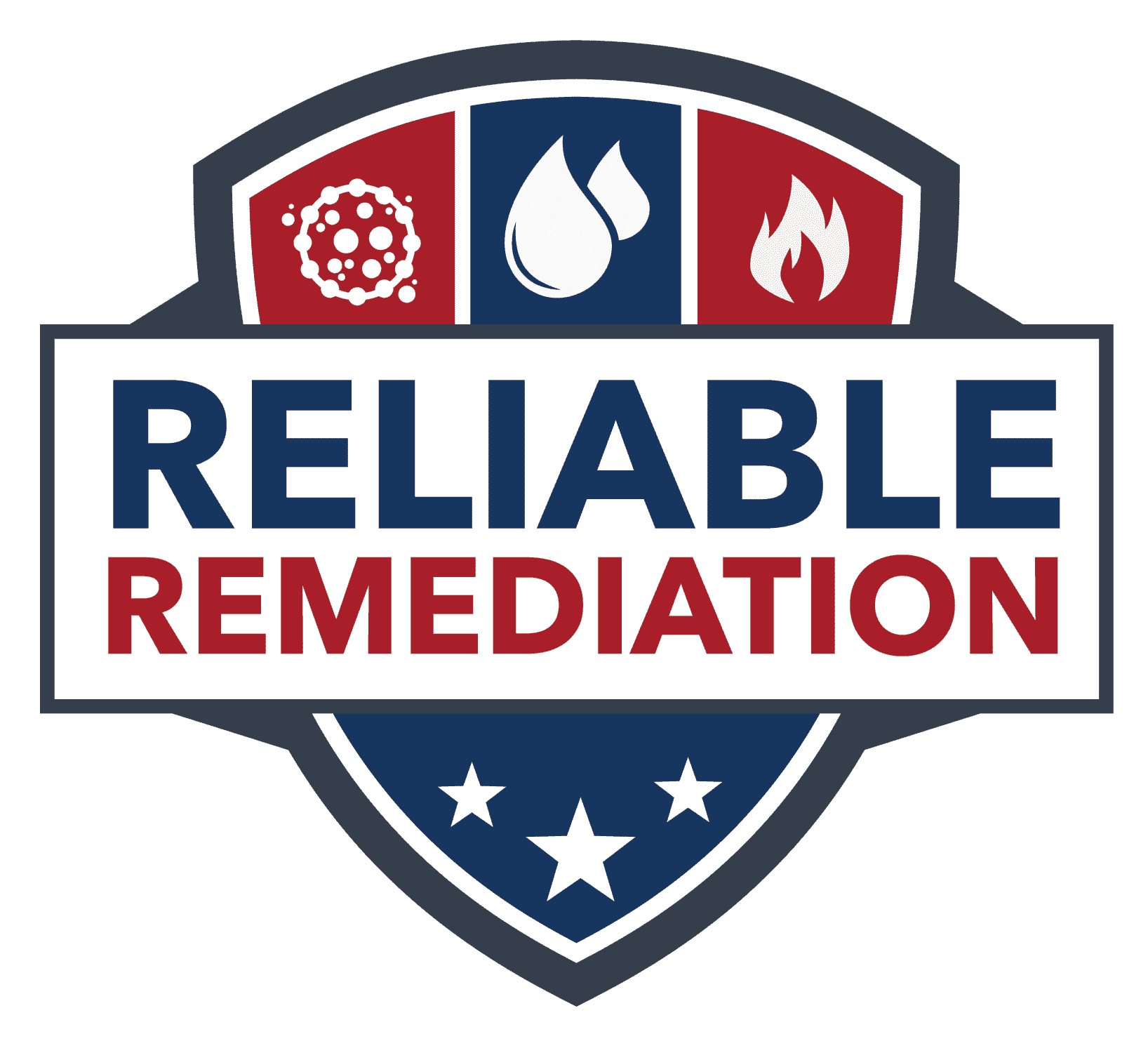Your Fire / Smoke Damage Questions Answered
What is the first thing I should do after a fire?
Find a trusted advisor to help you through this process and stressful time. Contact your local disaster relief service, such as the American Red Cross or the Salvation Army. They will help you find food, clothing, medicine, and a place to stay. Do not try to do it all alone. Call your local insurance agent or broker for assistance in filing your claim and understanding your policy and coverage.
How do I secure my property after the fire?
Do not enter your damaged home or apartment unless the fire department says it is safe. The fire department will make sure the utility services (water, electricity, and gas) are safe to use. If they are not safe, firefighters will have your utilities turned off or disconnected before they leave. Do not try to turn them back on by yourself.
If it is safe to do so, secure your valuables (including any cash on hand, jewelry, and firearms). Secure the property – board-up services and tarping will likely be needed to protect the property from the elements and secure it from theft or trespass.
Do I really need professional clean-up if the fire was small?
In most losses, cleaning the soot and smoke is the toughest part. Even small fires can cause major damage within minutes and leave lingering odors if not cleaned up properly. If the damage is not handled within a day or two of the fire, soot and smoke can leave permanent damage. Professionals have the tools and training to restore the property as fast as possible and mitigate the loss.
Within seconds, smoke and soot coat the walls, ceilings, cabinets, light fixtures, and windows. Within minutes, heavy layers of soot coat all flat surfaces, and thick smoke makes its way inside outlets, switches, wall cavities, and penetrates electronics and appliances, coating circuit boards in electronics and appliances. Even if the fire is put out quickly, smoke can penetrate to other floors of your home and absorb into textiles such as clothing, carpeting, bedding, and window coverings.
Even small fires can cause major damage to your personal belongings and your home and leave lingering odors if not cleaned up properly.
What should I do with all the water that was used to put out the fire?
Water damage resulting from a fire is quite common, and Reliable Remediation will utilize our expertise in water damage mitigation and structural drying in our work plan for your fire loss. It is our job to ensure that you don’t have water damage or mold issues after our work is complete.
Can I stay in my home during the fire damage restoration process?
This depends on the degree of the damage, the building’s layout, and the owner’s comfort level. As an alternative, your local insurance agent or carrier may be able to recommend off-site housing or staying at a hotel – these may even be covered in the policy.
Some things to consider:
- Does your policy provide off-site housing? Most do but some can be subject to a per-diem limit or overall length of stay limit.
- What rooms did the fire and smoke affect? If the kitchen or the only bathroom with a shower is out of commission, you will want to make other arrangements. If the third floor is affected but you have use of the main floor and basement it could be OK.
- Is it worth the potential hassle to stay at the house? There will be a lot of activity in the house during the cleanup effort – chemical applications, equipment running, people coming and going, privacy issues, etc. Also eliminating the smoke odor takes time and is often one of the final steps in the cleanup process – you and your clothes may smell like smoke if you stay in the house.
- Hotels are OK for a few days but living out of a hotel room for weeks or months is no fun. Talk to your insurance company about a short-term rental in a house or condominium for your comfort during the process.
How long will the fire clean-up take?
The length of time varies on the extent of the damage. Additionally, local authorities and the insurance professional will also want to investigate the damage before the restoration company can start the clean-up. This obviously depends on the size and scope of your loss, but it can range from 10 – 20 days for small kitchen fires to 4-6 months for larger events
Quite often, fire scenes are locked down by local authorities until they have completed their investigation and documentation. Your insurance company will also want to see the damage first-hand, and sometimes they have their own separate investigation to determine causation and review your policy to determine coverage.
It’s Easy to Get the Help You Need

Get an Evaluation

Receive a Customized Plan


